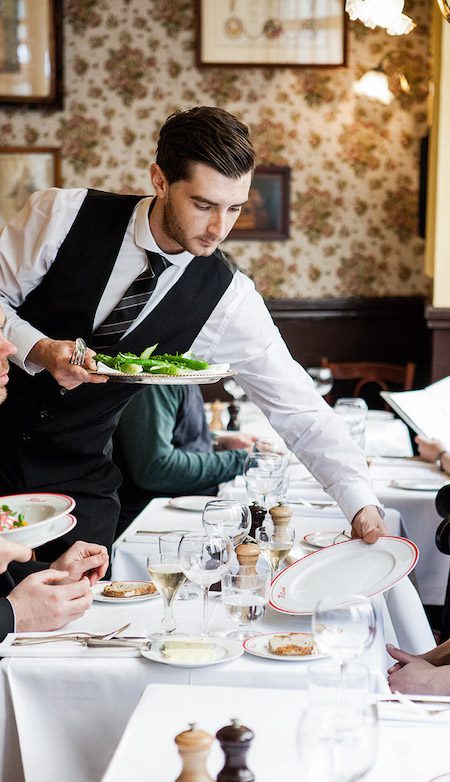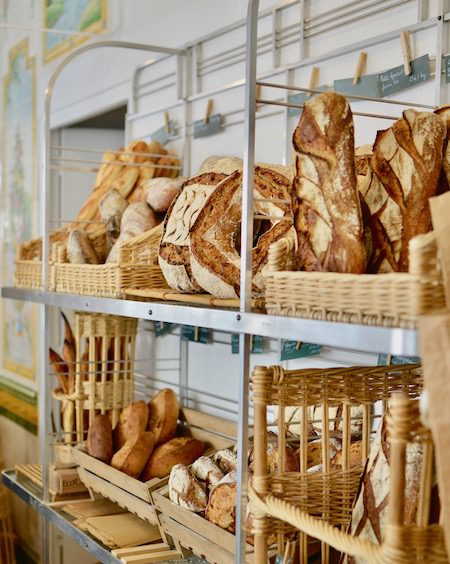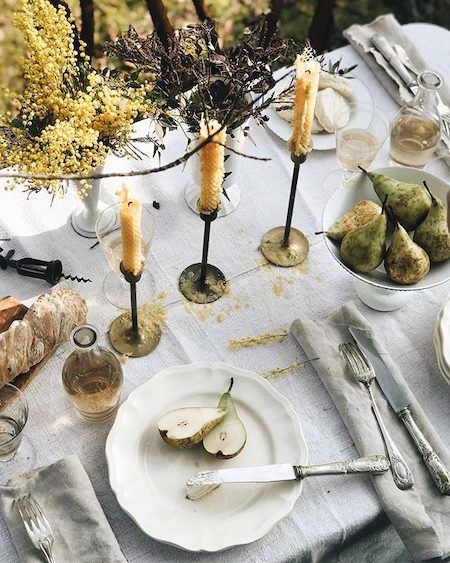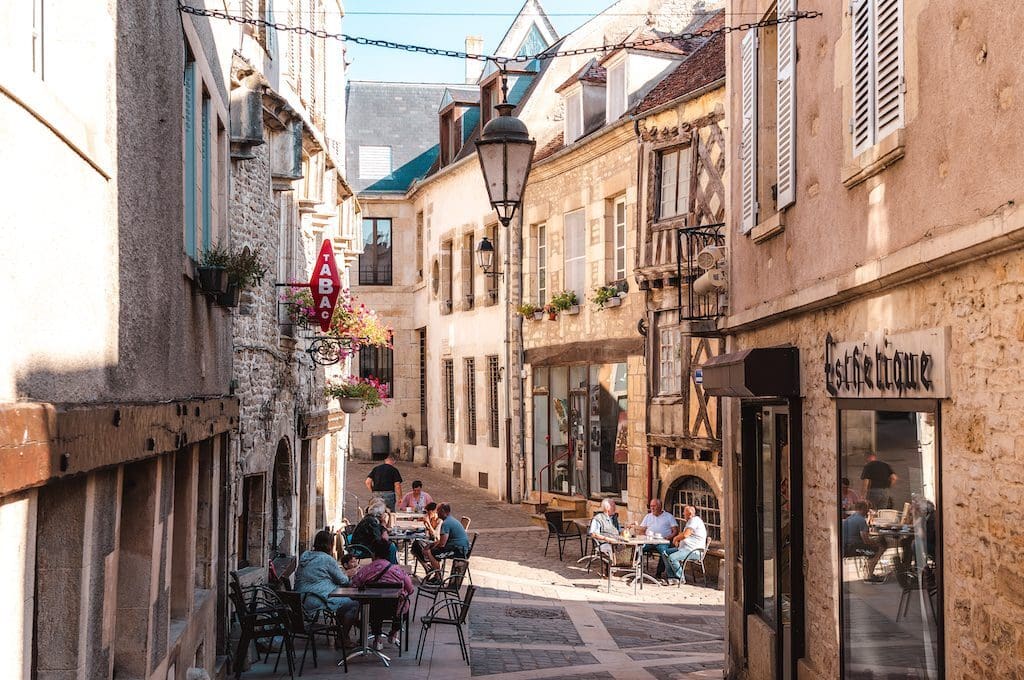When traveling in France, there are a few essential cultural quirks to bear in mind… Our regular “Living in France” writer Emily Monaco shares the top ten travel tips that will have you feeling like a local before you know it.
SUBSCRIBE TO THE MAGAZINE
1. “Hello” isn’t optional
Whereas in other countries, you can get by with a wave or a smile, in France, each and every interaction with another person has to start with the same magic word: bonjour. Get used to saying it every time you meet someone new, arrive at a restaurant, or even walk into a shop.
That said…
2. The French language changes in the evening
After around 5 p.m, French people will swap greetings from bonjour to bonsoir. If you use the wrong word, you might be corrected by your interlocutor (though don’t worry too much – French people sometimes forget too!).
Bonne journée (have a nice day) – a typical phrase uttered on the way out of a restaurant or shop – evolves to bonne soirée (have a good evening).
It bears mentioning that one should never say bonne nuit (good night) to anyone with whom one does not share a home – it’s perceived as overly familiar.
3. French waiters aren’t rude… exactly.

© Pierre Monetta
It can often seem like a real trial to get a French waiter to pay attention to you, especially when it comes time to get the check. But there’s actually a complicated cultural dance afoot. Waiters in France are paid a living wage, so they feel no real need to turn tables over quickly to accumulate more tips. Unless you’re told otherwise, your table is yours for the whole evening, and a waiter will never hover over you or pressure you to leave. This can make getting their attention difficult – especially when it comes time to pay the bill. But the tradeoff is a leisurely meal in the company of your friends, so it’s hard to get too upset about it!
Read Next: Our favorite fall walks
4. Don’t expect to get anything done on a Sunday
Despite France’s proclaimed secularism, Sunday is still very much a day of rest, and most people will spend it with family. This means that most shops (and all banks and post offices) will either be closed all day or after lunch. This is slightly variable for food shops, which may open on Sunday (but close on Monday to make up for it!).
5. Opening hours are more like suggestions
Sundays aside, opening hours at shops or offices may not be adhered to in France. Vacations are frequent, especially in the low season, and many shops will also close at lunchtime, particularly in the countryside. Even if you visit a shop on a random Tuesday afternoon, you may well encounter a sign that simply says: fermeture exceptionnelle (exceptional closure). All you can really do is pull up a chair at a nearby café, order a glass of wine and roll with it.
6. There is no rushing

© Sharon Santoni
Given these limited opening hours, you might assume that French shopkeepers will rush you along in making your purchases. But in reality, the line at your local butcher or fishmonger will likely move at a snail’s pace. Don’t get too upset about it – when you get to the front of the line, you can take your time too! The one exception? The bakery. If you don’t place your order within moments of arriving at the boulangerie counter, someone may well order over your head. Don’t mind them – they likely haven’t had their morning coffee yet.
7. The customer is always wrong (and the French like it that way)
Shopkeepers aren’t shy about sharing their opinions about your order, be it a cheesemonger diverting your attention away from Brie in favor of a perfectly ripened Coulommiers, bistro chefs refusing to cook your bavette well-done, or sales people telling you that you’ve picked the wrong dress for your figure. They really do just want to help you have the best experience, so take it in stride (and be flexible with your shopping list).
8. You can’t pee. Anywhere.
Public bathrooms are few and far between, in France. You may find coin-operated ones in some city centers or at train stations, but it is unlikely that you’ll be able to ask a shopkeeper to use theirs. This, of course, paves the way for a self-perpetuating conundrum. Any café has both a bathroom and the very cheap option of purchasing an espresso standing at the bar, giving you the right to use it. Relief will be temporary, as you then have to drink the coffee… and start looking for another bathroom.
9. If you get invited to a French lunch, clear your day.

© Meg Robins
Lunch is traditionally France’s biggest meal. While during the week, people take an hour or two off for lunch (yes, even at work; yes, with wine), on the weekends, this can mean marathon meals that last upwards of six hours: aperitif, appetizer, main, cheese, dessert, coffee, mignardises… Bring your eating pants – and don’t plan on being hungry (or available) for dinner.
10. Don’t bring wine (bring candy).
Should you get invited to one of these marathon lunches, do not bring wine as a hostess gift. Wine will have been specially selected to accompany the meal, and bringing your own could be a breach of etiquette. Instead, select a pretty box of chocolates or pâtes de fruit (candied fruit) – you’ll be welcomed with open arms.
This article originally appeared in the May/June 2020 issue of My French Country Home.
Text by Emily Monaco
